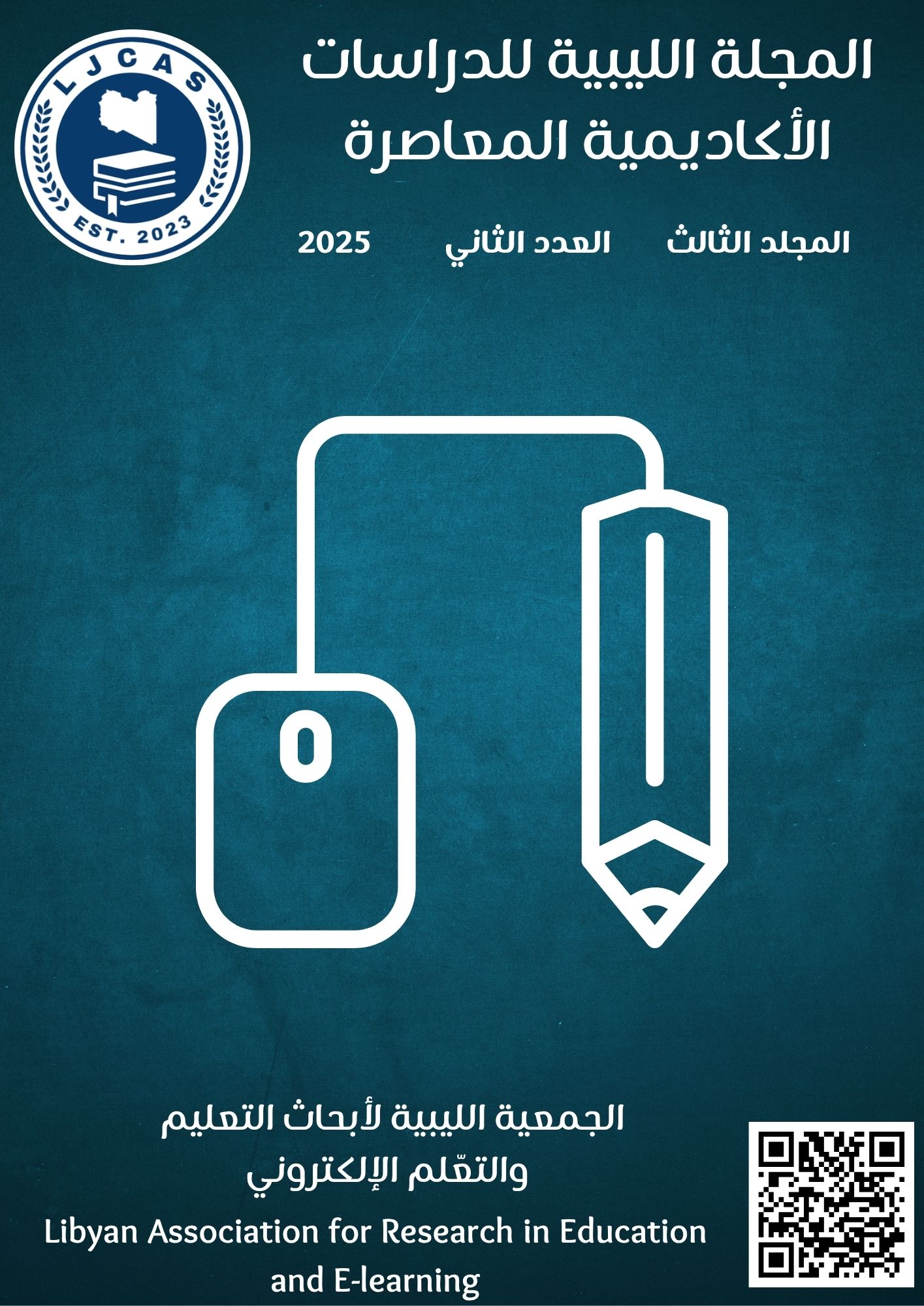Analyzing the Impact of Multilingualism on the Formation of Linguistic Identity among English Language Learners in Multicultural Environments
الكلمات المفتاحية:
Multilingualism، Linguistic Identity، English Language Learners، Multicultural Environmentsالملخص
The purpose of this study was to examine how multilingualism affects English language learners' development of linguistic identities in multicultural settings. Students are exposed to a variety of languages and cultures as global civilizations become more varied, which affects their communication styles and sense of self. Understanding how exposure to multiple languages impacts linguistic identity and how learners balance their native and target languages in diverse cultural contexts were the main goals of the study. A descriptive quantitative methodology was used to gather data from 100 students using questionnaires that evaluated their perceived proficiency, language identity awareness, phonetics, grammar, vocabulary, and cultural integration. According to the findings, leaners showed a high sense of linguistic identity (68.5%) and significant multilingual usage in daily life (71.2%). However, many had trouble speaking (38%) and writing (42% below 50%), which suggests that they lacked productive skills. For 42% of participants, cultural assimilation presented additional difficulties. Having the lowest average score (33.8%), vocabulary comprehension was noticeably lacking. These difficulties were frequently associated with poor primary education instruction. Based on these results, the study suggests combining culturally responsive teaching approaches, utilizing technology to enhance English language development, boosting writing and speaking abilities through active methods, and improving the quality of instruction in early education. All things considered, the study sheds light on the intricate connection between identity formation, multilingualism, and language proficiency, offering insightful information to educators and legislators who deal with a variety of student demographics.







